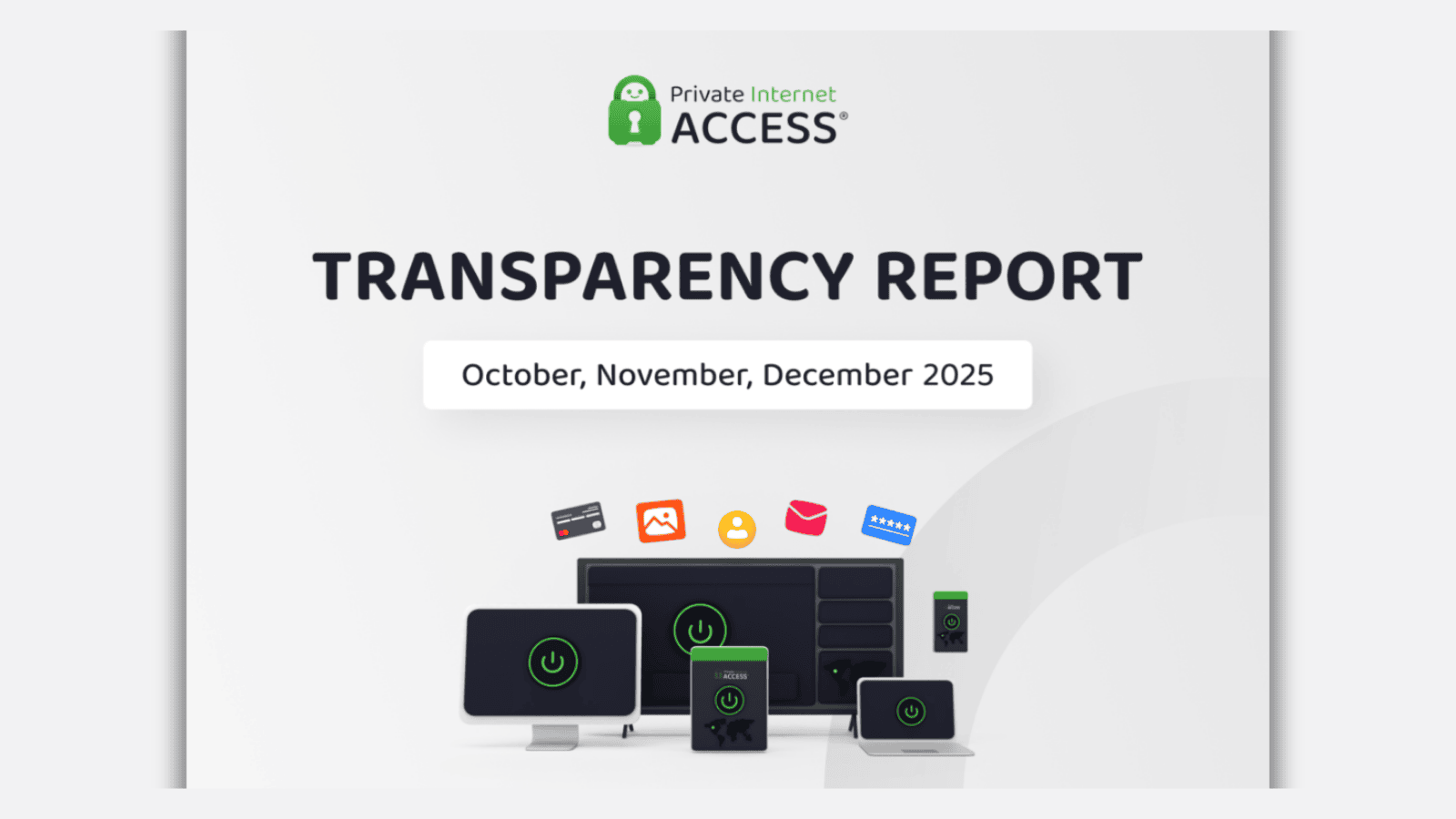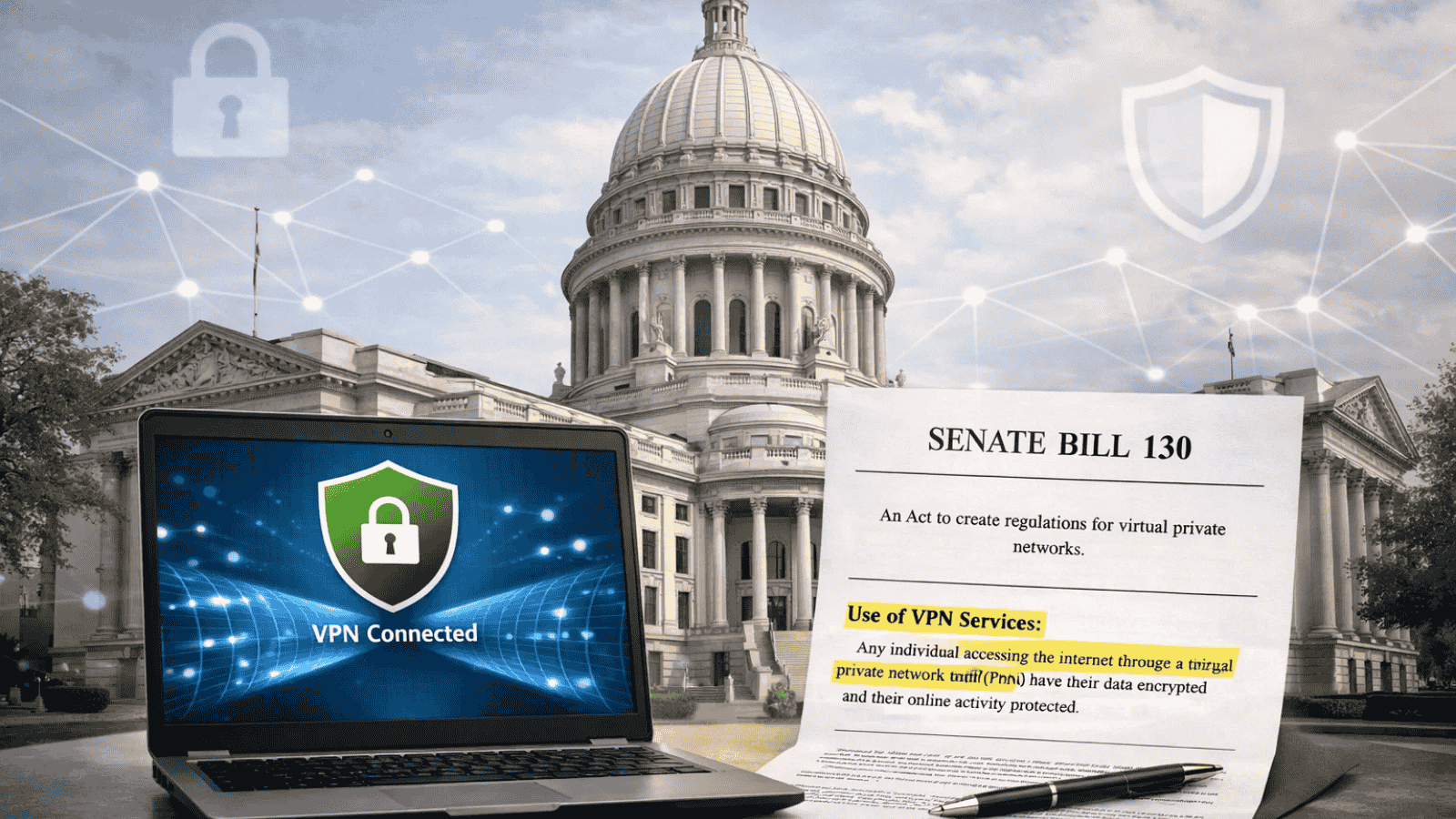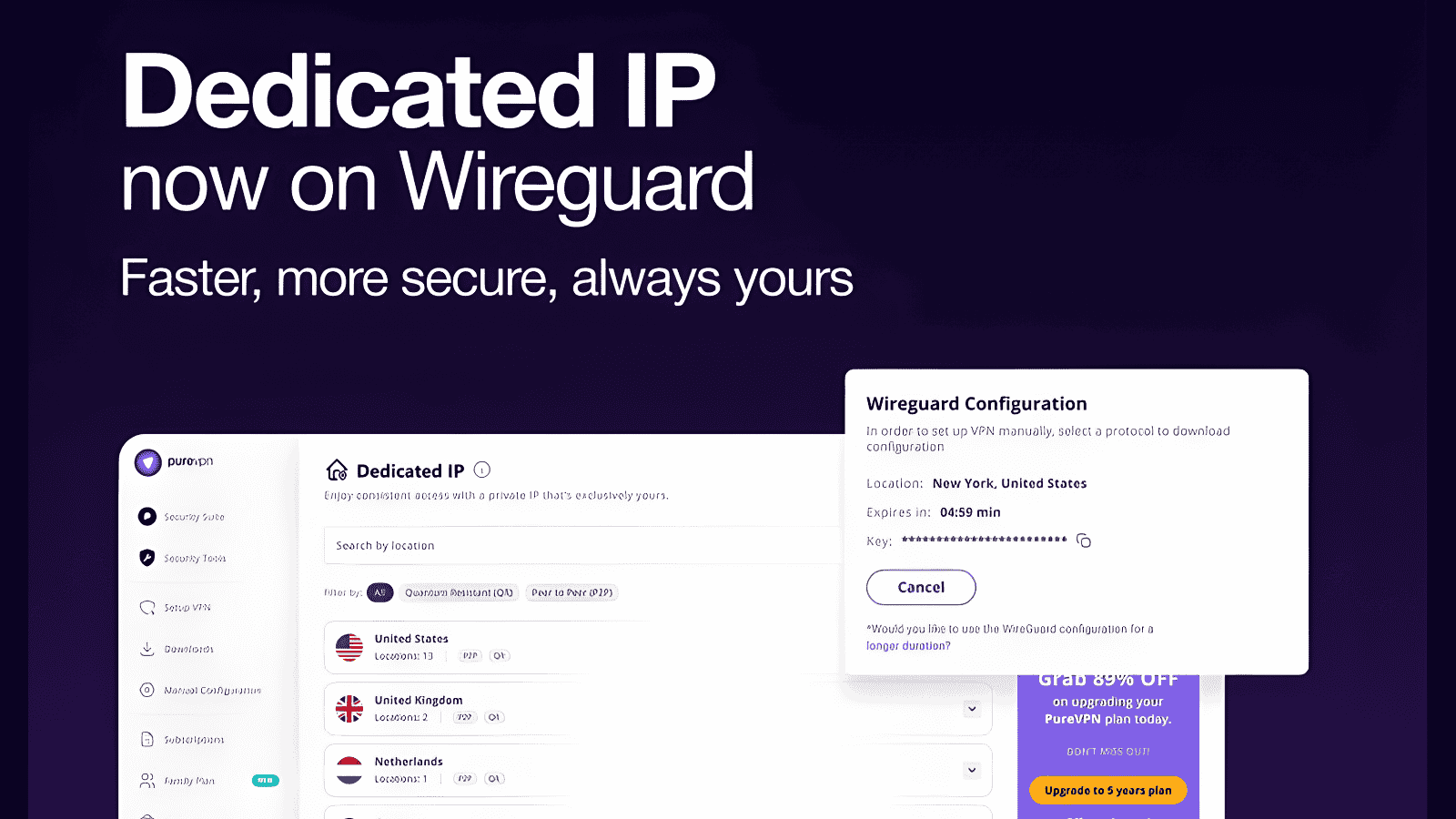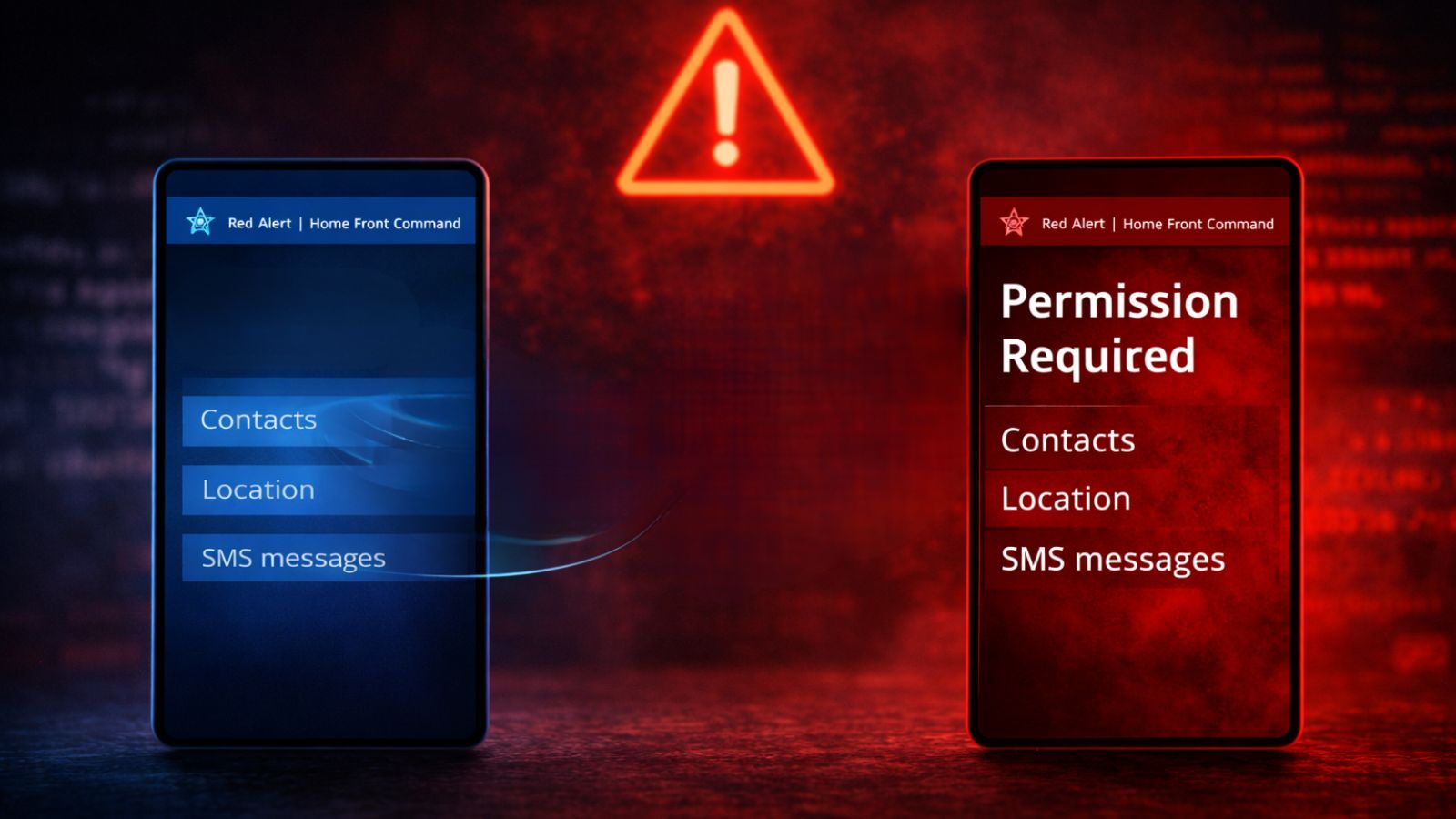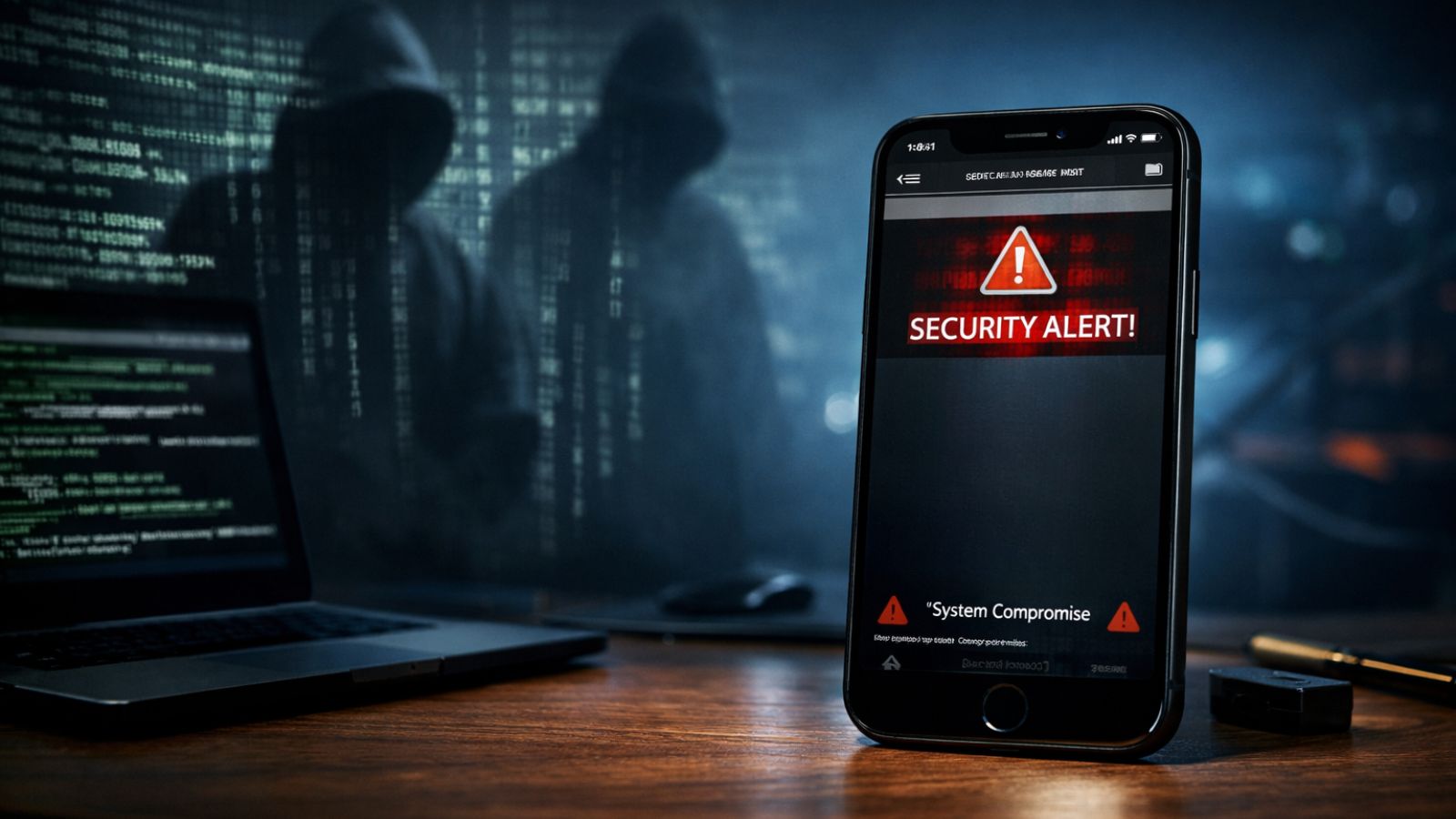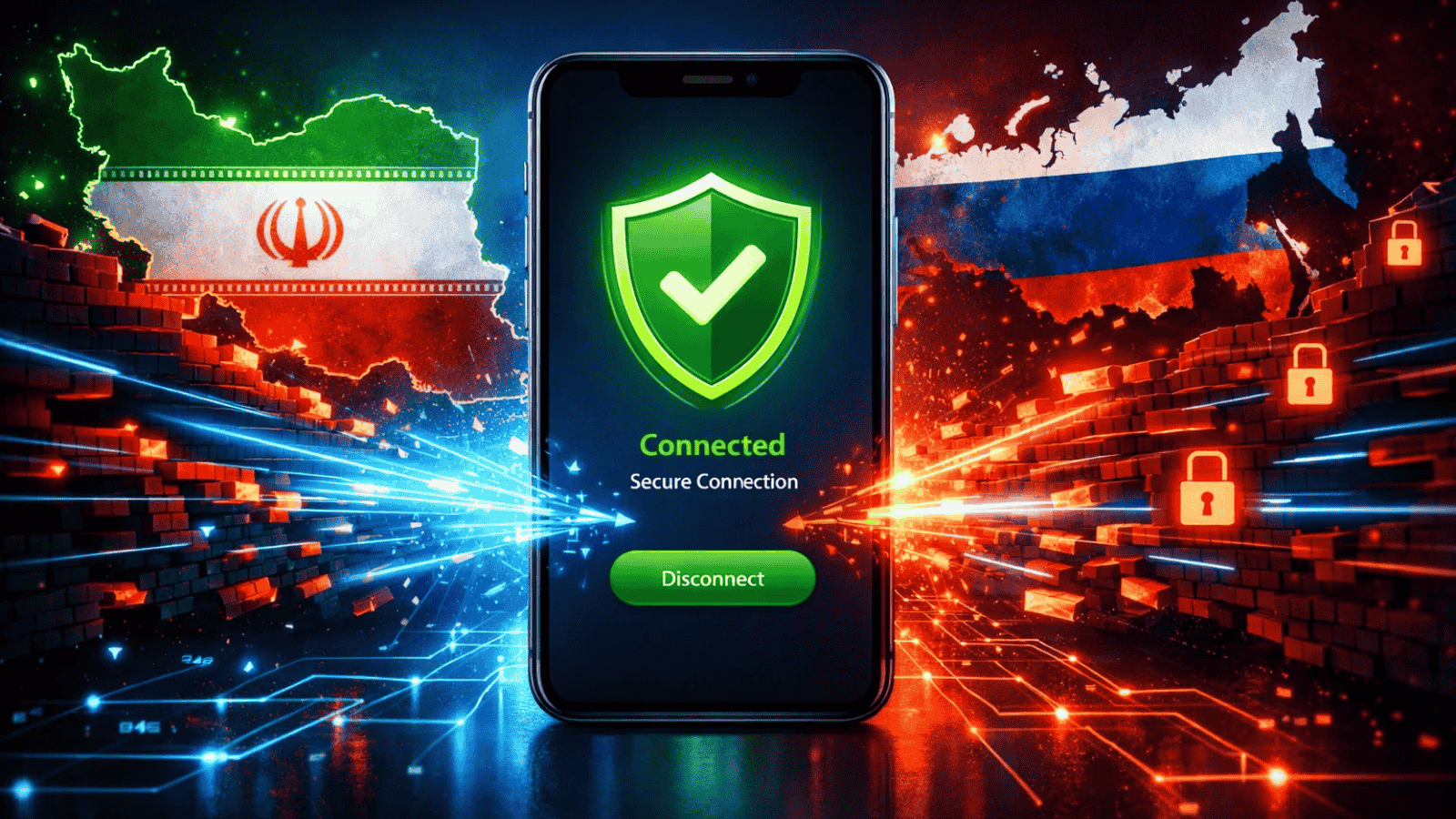
Windscribe Now Offers Free Pro Accounts to Journalists, NGOs; Adds AmneziaWG to Fight VPN Blocks
- Free Pro for Journalists/NGOs: Windscribe offers verified reporters and NGOs a free 1-year Pro plan.
- New AmneziaWG Protocol: Adds stealth WireGuard variant to bypass censorship and VPN blocks globally.
- Safety Features Enhanced: Anti-correlation tools, firewall, and censorship mode protect high-risk users.
Windscribe has announced two major updates aimed at supporting press freedom, activism, and online privacy. The VPN provider is now offering free Windscribe Pro accounts to verified journalists, charities, and NGOs. At the same time, it has introduced Amnezia WireGuard (AmneziaWG), a modified version of WireGuard designed to bypass VPN blocks in countries with strict censorship.
Windscribe says both initiatives align with its long-standing stance against censorship and its support for freedom of information worldwide.
Free Windscribe Pro for Journalists, NGOs, and Charities
Windscribe has launched a program that grants a free 1-year Pro license to reporters, photojournalists, nonprofit workers, and organizations operating in risk-prone or censorship-heavy environments.
How Journalists Can Apply
Windscribe says it regularly encounters people attempting to impersonate journalists, so verification is required. Reporters must:
- Collect credentials – This can include published work, press passes, or links to professional social profiles.
- Email [email protected] – Use the subject line “Journalist Access Request.”
Once verified, Windscribe will issue a one-year Pro license that can be added to an existing account or a new one.
For Journalists in High-Risk or Censored Regions
Those who need anonymity, such as reporters in China, Iran, Russia, or other restricted environments, can verify using a social account. Windscribe will give journalists a unique phrase to post publicly to confirm ownership without revealing their identity.
How NGOs and Charities Can Apply
Nonprofits and humanitarian groups can also apply for free access. Windscribe asks applicants to provide:
- Organization name and the applicant’s role
- Website and social media links
- A basic description of their initiatives
- Whether they’d like to be highlighted on Windscribe’s social channels
NGOs should email [email protected] using the subject line “NGO Access Request.”
Windscribe reviews each application and follows up with next steps.
Security Features Targeted at Press, Activists, and Protestors
Windscribe’s announcement reiterates that its network includes tools that are particularly relevant to users operating in hostile or controlled environments.
Key Features Highlighted
- Anti-Traffic Correlation Measures: Obscure patterns that networks can use to identify users by analyzing timing of uploads, movements, or other metadata.
- Circumvent Censorship Mode: Designed for countries that block or tightly regulate VPN traffic.
- Always-On Firewall: Stronger than a traditional kill switch, preventing any data from leaking if the VPN disconnects.
- Unlimited Devices: Users can protect all their personal devices at once.
The company cites the risks faced by journalists worldwide and says the program is meant to help protect those working in dangerous conditions, even though VPNs are only one part of a broader safety strategy.
Windscribe Adds AmneziaWG to Bypass VPN Blocks
In a separate update, Windscribe has rolled out Amnezia WireGuard (AmneziaWG) support across its server network. The protocol is designed to evade Deep Packet Inspection (DPI), a method governments and restricted networks use to detect and block VPN traffic.
AmneziaWG is an audited, open-source fork of WireGuard and keeps the speed and simplicity of the original protocol while masking the traffic signatures that make normal WireGuard easy to identify.
Windscribe says AmneziaWG works especially well in heavily censored regions, including Russia, China, Iran, Egypt, and the UAE, and it also helps bypass restrictions at schools, workplaces, and other regulated networks. It can also improve access to global streaming libraries such as Netflix, Hulu, Amazon Prime Video, and HBO.
Windscribe notes it is among the only commercial VPNs, besides AmneziaVPN, to implement AmneziaWG server-side.
How to Use AmneziaWG With Windscribe
Windscribe provided a detailed step-by-step process for users to configure AmneziaWG manually:
- Download a WireGuard configuration file (Pro or Build-A-Plan users only).
- Contact Windscribe support for AmneziaWG parameter values (not publicly available).
- Add the parameters, including Jc, Jmin, Jmax, S1, S2, H1-H4, and I1-I5, to the [Interface] section of the config file.
- Install AmneziaWG’s official client from its website, GitHub, mirrors, or app stores (look for AmneziaVPN, not “AmneziaWG”).
- Import the edited configuration file into the app.
- Set DNS to Windscribe’s internal servers (10.255.255.1 and 10.255.255.2).
- Connect and verify the protocol shows “AmneziaWG.”
If the app shows “WireGuard” instead, the configuration was not applied correctly.
Advanced Options: WireSock (Windows Only)
For users who need deeper obfuscation, WireSock, a Windows application, can disguise VPN traffic as QUIC or DNS by using advanced imitation parameters. Versions 3.0.9.1 and newer are supported, with beta builds available via WireSock’s Telegram community.
Windscribe recommends using the junk packet settings and Magic Headers supplied by its support team.
Acknowledgements
Windscribe credits the Amnezia team for assisting its backend developers during implementation and thanks Vadim Smirnov, creator of WireSock, for advanced protocol imitation tools.
The company says the updates are part of its broader effort to support journalistic freedom, bypass censorship, and strengthen user privacy in an increasingly hostile digital environment.



